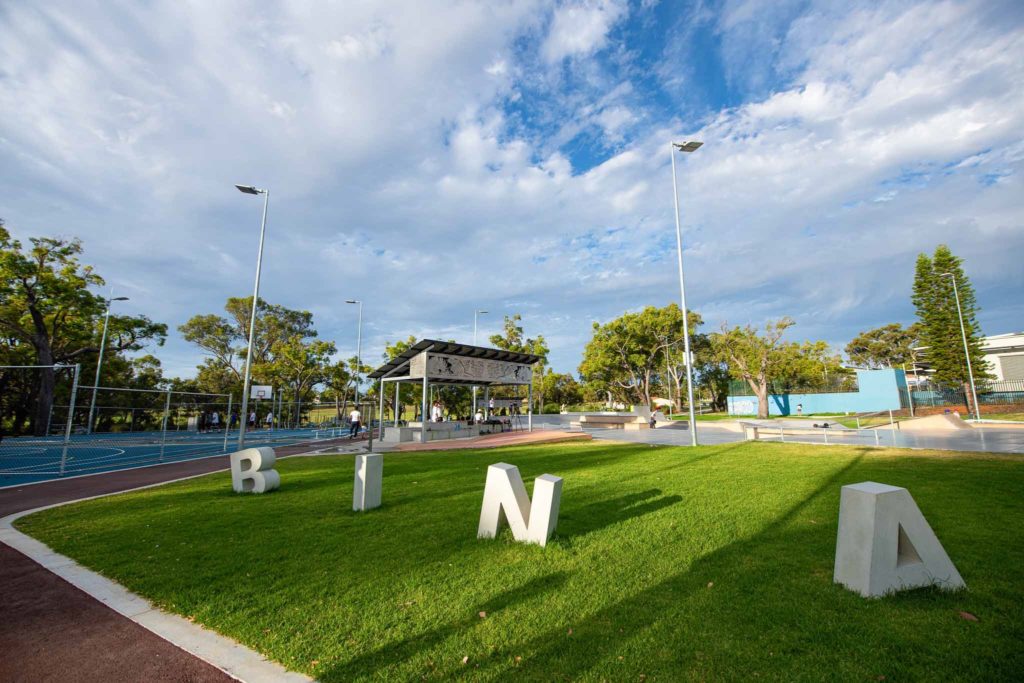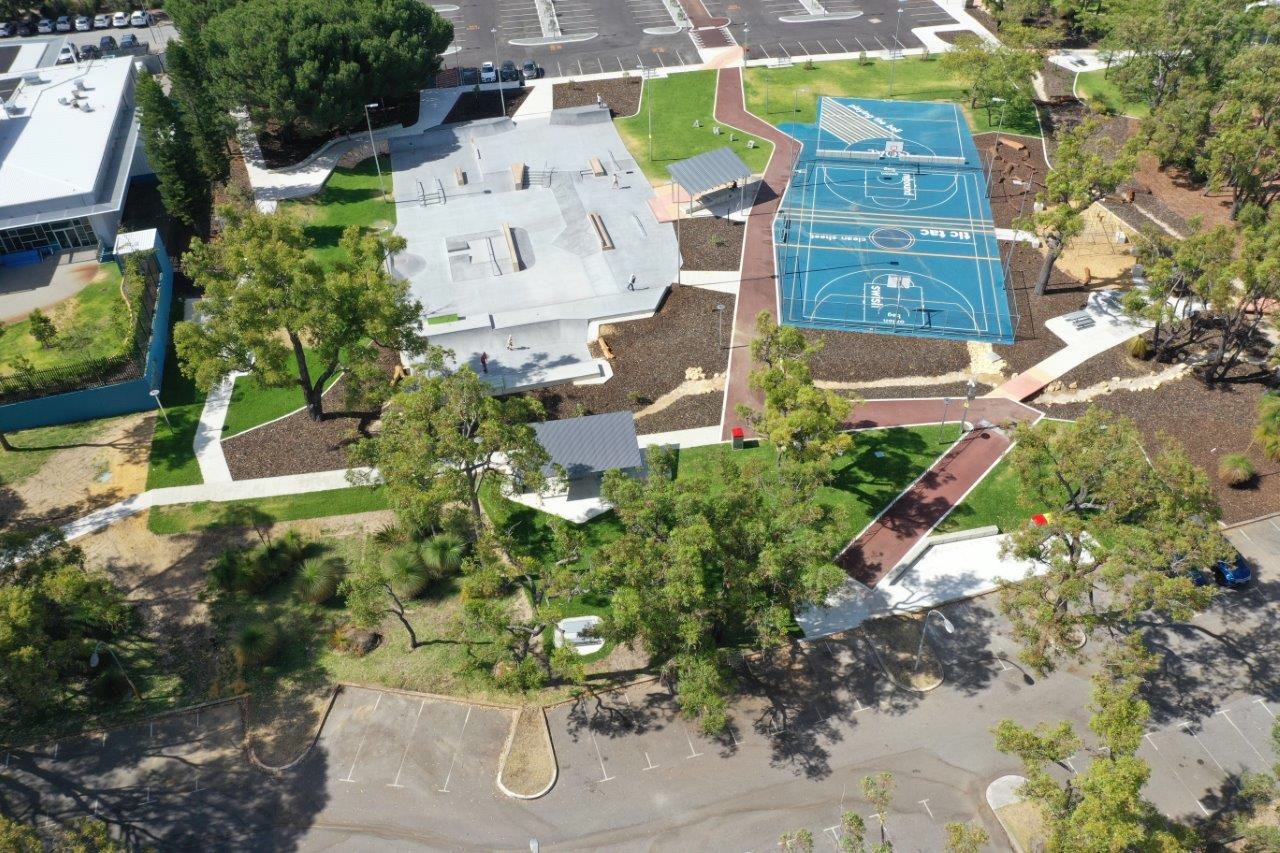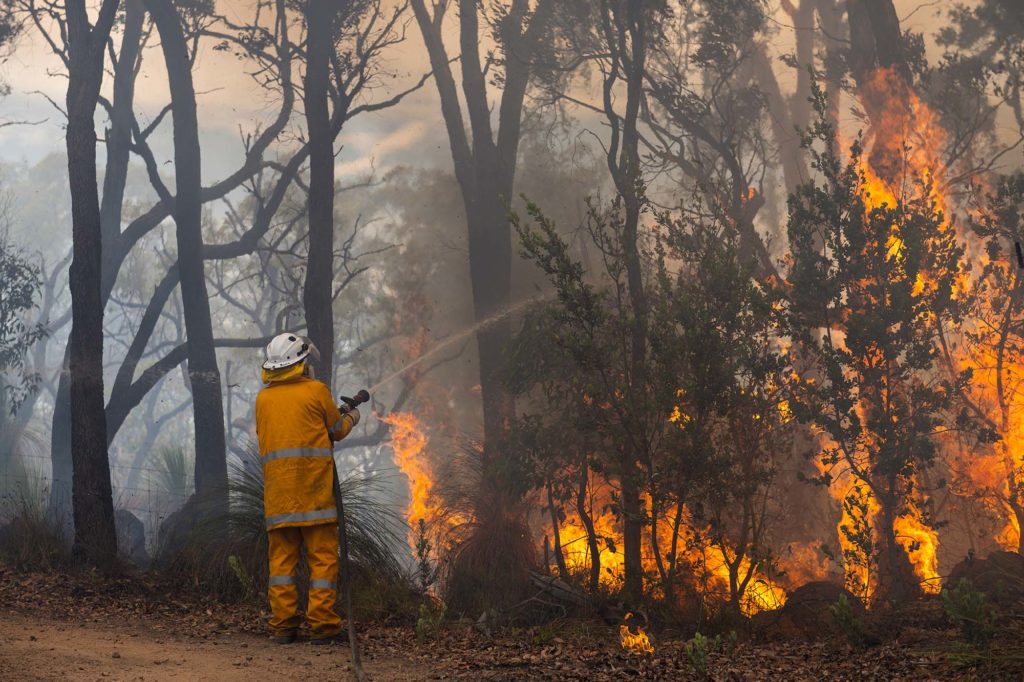What do I need to know about
new WHS reporting obligations?
WA’s new Work Health and Safety Act 2020 (WHS Act) and regulations will commence on 31 March 2022.

Due to the current state of the world, with limited travel and
COVID-based incentives fostering economic development and supporting the building of new infrastructure, these developments are likely to increase.
LGIS can assist members by providing liability risk management advice into a wide range of local government developments. This includes:
WA’s new Work Health and Safety Act 2020 (WHS Act) and regulations will commence on 31 March 2022.
There is no hard and fast rule regarding whether contraction of the COVID-19 virus is compensable under the Workers’ Compensation & Injury Management Act 1981 (the Act) – it will need to be determined on the facts of each case.
The past two years have been tumultuous, with unplanned changes to restrictions, safety measures, and border closures adding to the stress and uncertainty of the COVID-19 pandemic.
Primarily we help identify and manage liability risks that may be attributed to the local government as a result of loss, injury or damage sustained by users of that development or facility, and we give unique risk advice from concept through to practical completion of development projects.
Often great designs may focus on aesthetics and providing a challenging or exciting user experience, however it’s essential to consider the potential risks to the public when the design is in operation, the long-term use of the development, and not only where the facility is used as intended but where there could be unintentional use and reasonably foreseeable misuse.
LGIS has managed local government liability claims for these types of developments and facilities under the LGIS Scheme for decades, so we are well placed to provide advice on these types of risks.
We also provide advice on existing designs (operating facilities):
Some of the stages we can provide advice and comment on include:
Some of the risk treatment advice we can provide includes in the areas of:
The City of Stirling’s redevelopment of Bina Parkland in Balga, formerly the Princess Wallington Community Parkland, is a great example of successful redevelopment.
The purpose of the development was to create a culturally diverse area accessible to all ages and to activate the area for youth activities. The development includes a plaza style skate park, junior and advanced BMX tracks, multicourt, informal parkour/hangout area, picnic amenities, event spaces, playground, car park, cultural corridor and two public toilets.
LGIS was originally engaged to provide a review of the concept design drawings and offer preliminary risk advice. Our advice focused on the main areas of exposure, including:
We also provided advice mid-construction, after assessing the site and in particular the stage involving the then completed playground.
Finally, we inspected the development post completion with the benefit of viewing the development in public use. This enabled
us to make further practical observations and suggestions to fine tune previous recommendations, this included reviewing the proposed signage.
Combining nature with play, Bina Parkland is a thriving community park, and stands as a real testament to how local government redevelopments benefit the community.
The LGIS team were engaged to review the Bina Parkland design prior to completion in regards to potential and perceived risk to the City of Stirling. They provided a professional service, a hands-on approach and informative personalised communications.
LGIS were proficient in their approach and provided expert judgement to better ensure the project being handed over to
the community was faultless and to the standard that the City of Stirling strives to deliver. The LGIS team were easy to work and communicate with and provided their findings in a professional and timely manner.
Leon Kroep – Service Lead Project Management, City of Stirling
Did you know?
All members of LGIS have access to support and guidance on liability exposures at public places and local government assets. This includes site assessments and summary reporting. These services are included as a benefit of Scheme membership.
The LGIS team were engaged to review the Bina Parkland design prior to completion in regards to potential and perceived risk to the City of Stirling. They provided a professional service, a hands-on approach and informative personalised communications.
LGIS were proficient in their approach and provided expert judgement to better ensure the project being handed over to
the community was faultless and to the standard that the City of Stirling strives to deliver. The LGIS team were easy to work and communicate with and provided their findings in a professional and timely manner.
Leon Kroep – Service Lead Project Management, City of Stirling

For more information on how LGIS can provide risk advice to your local government, please contact the LGIS risk management team on 9483 8868, or your regional risk coordinator.

The City of Fremantle’s new agile workplace sets the standard on putting employee
wellbeing – and ergonomics – first.

The recent Intergovernmental Panel on Climate Change (IPCC) report stresses the time to act on climate change is now, and there is much work to be done – including by local governments.

Local governments are often planning exciting new places for their communities to gather and play.
LGIS is the unifying name for the dedicated suite of risk financing and management services for WA local governments, established by the WA Local Government Association in conjunction with JLT Public Sector (part of the Marsh group of companies). LGIS is managed by JLT Public Sector (ABN 69 009 098 864 AFS Licence 226827).
Risk Matters, via this website, is designed to keep members, their staff and elected members informed on topical risk management and insurance issues and LGIS programs and services.